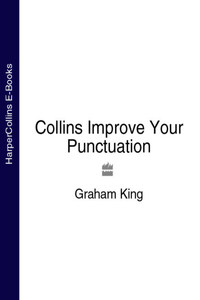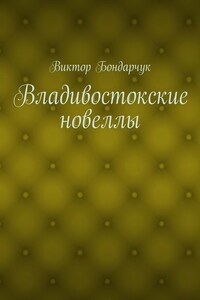PUNCTUATION. n. [punctum, Latin]. 1. The use of symbols not belonging to the alphabet to indicate intonation and meaning not otherwise conveyed in the written language. 2. The symbols used for this purpose.
Punctuation makes possible the clear presentation of the written language.
Or, as one British newspaper advises its writers, punctuation is ‘a courtesy designed to help readers to understand a story without stumbling’. It is the nuts and bolts of the language.
There is a strong view that punctuation is more important than spelling. Dr Temple, a former Archbishop of York, thought so. ‘Now spelling is one of the decencies of life, like the proper use of knives and forks,’ he wrote in 1938. But, ‘if you are getting your commas, semicolons and full stops wrong, it means that you are not getting your thoughts right, and your mind is muddled.’
Despite the importance of punctuation in effective communication, there seems today to be a woeful indifference to and ignorance about using even its simplest forms.
Or can it be fear? If so, then punctuation’s scary image is undeserved, as you’ll soon discover in this book. Although designed as an all-inclusive, authoritative reference work it will guarantee to take the perils out of punctuation quickly, efficiently and – yes – entertainingly.
Punctuation – What’s the Point?
Those dots, strokes and squiggles may appear physically insignificant on a page of print and evanescent in our speech, but without them all would be chaos. Not knowing how to use them properly can result in even greater chaos. If you were to say to someone:
I hate habitual liars; like you, I find them detestable.
that person would very likely agree. But imagine the reaction should you tinker slightly with the punctuation:
I hate habitual liars like you; I find them detestable.
You’re looking at a system that’s some 2,500 years old. The Greeks came up with the germ of the idea but it took until the Middle Ages for our present system to emerge and a further 500 years for it to acquire its final polish.
Perhaps encouraged by a full complement of marks, writing became very elaborate. Its more skilled practitioners – say, Jane Austen and Charles Dickens – loved to punctuate, and their stately prose is speckled with all manner of stops and symbols. Sentences held together by a score or more commas, semi-colons, brackets, dashes and other marks are commonplace.
Nowadays sentences, no doubt influenced by the brevity of newspaper style, are shorter, and the need for the complicated division of long sentences has all but disappeared. Commas are freely dropped where the meaning remains unaffected. Stops after abbreviations are disappearing in a general quest for typographic tidiness. Today the majority of the English-speaking population probably goes through life without ever using, on paper, any punctuation marks other than the comma, dash and full stop.
Don’t, however, be led astray by this easy-going tolerance. While parsimony in punctuation may be adequate for the majority, it will be of little use to you if you wish to improve your communication skills. The role of punctuation in writing good English cannot be underestimated.
Understanding Punctuation
Is there a trick secret to understanding punctuation?
No, but it does help if you know something about its past. Two or three centuries ago most punctuation took its cues from speech. This was an age when the predominant practice of reading aloud, with its breath pauses and dramatic stresses, was translated into written punctuation – rhetorical punctuation.
A hundred years on, with increased literacy, the spoken word gave way to the written. The stress now was on meaning rather than dramatic effect, and rhetorical (or oratorical) punctuation bowed to a more logical system.
Today we think we have a practical blend of both: a system capable of conveying feelings, force, urgency, tension, rhythm and passion while never abandoning its duty to consistency and clarity of meaning.
Here’s an example of how a sentence might have been written, say, 150 years ago, compared with the same sentence today. The first reflects the natural pauses of speech: it is meant to be heard rather than read. The second is directed primarily to the eye and the mind, rather than to the ear.














